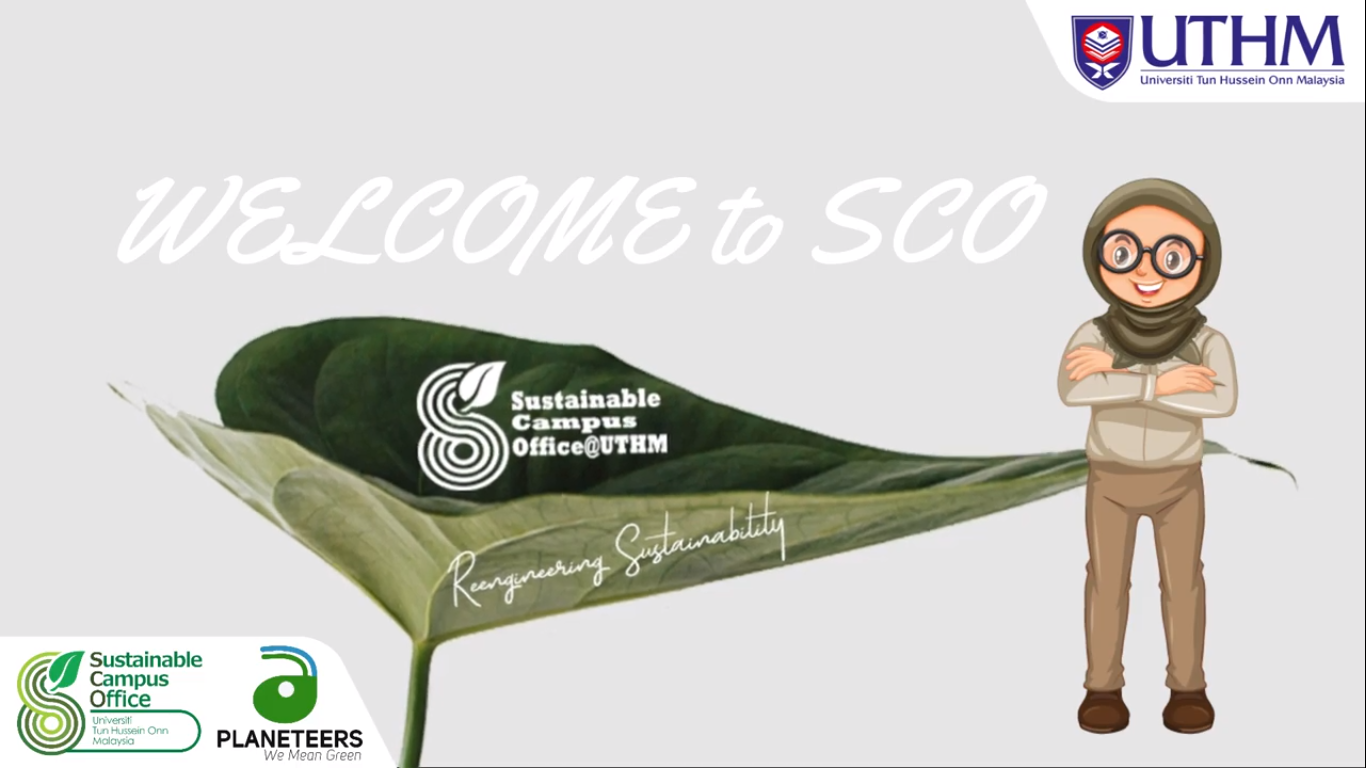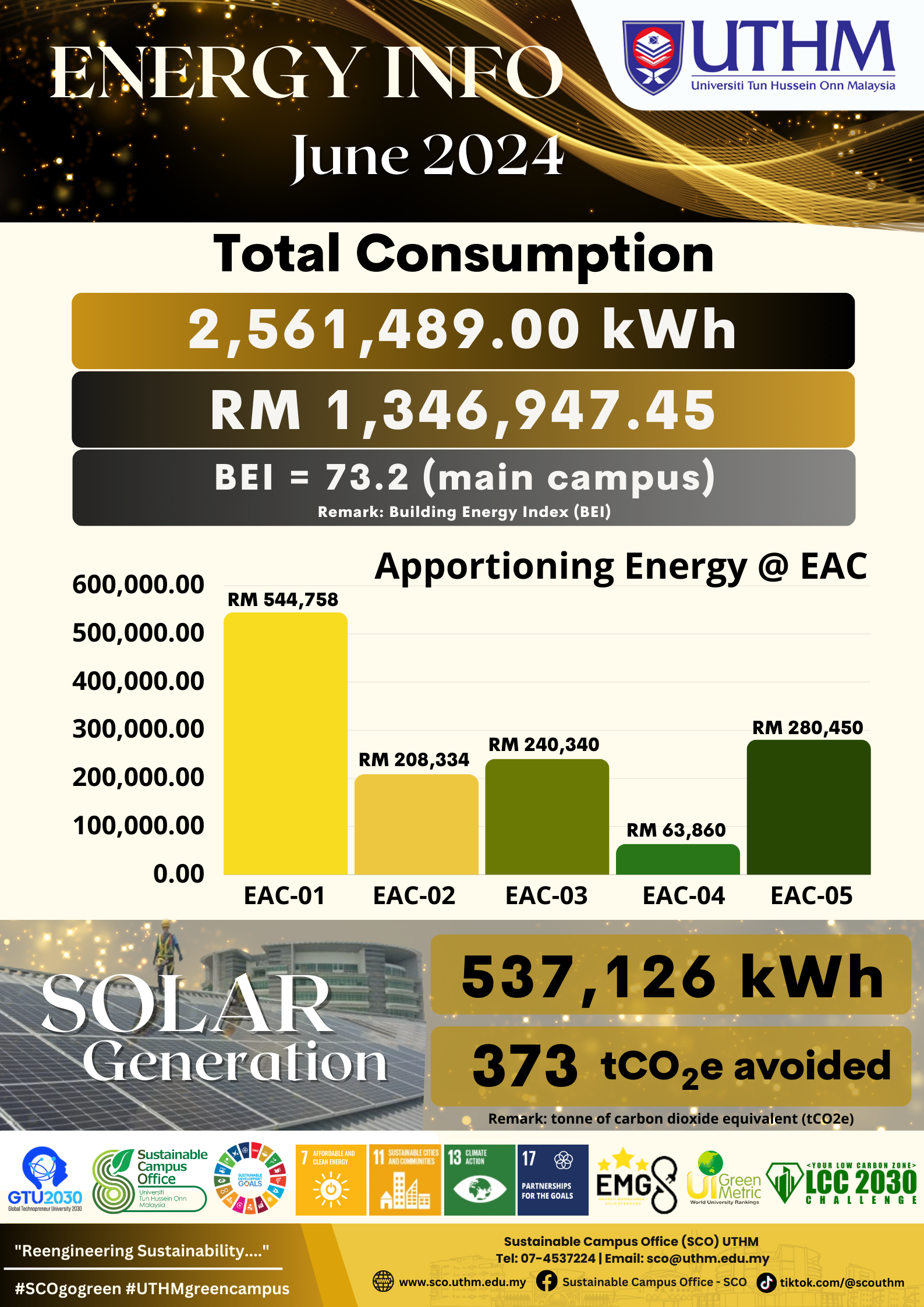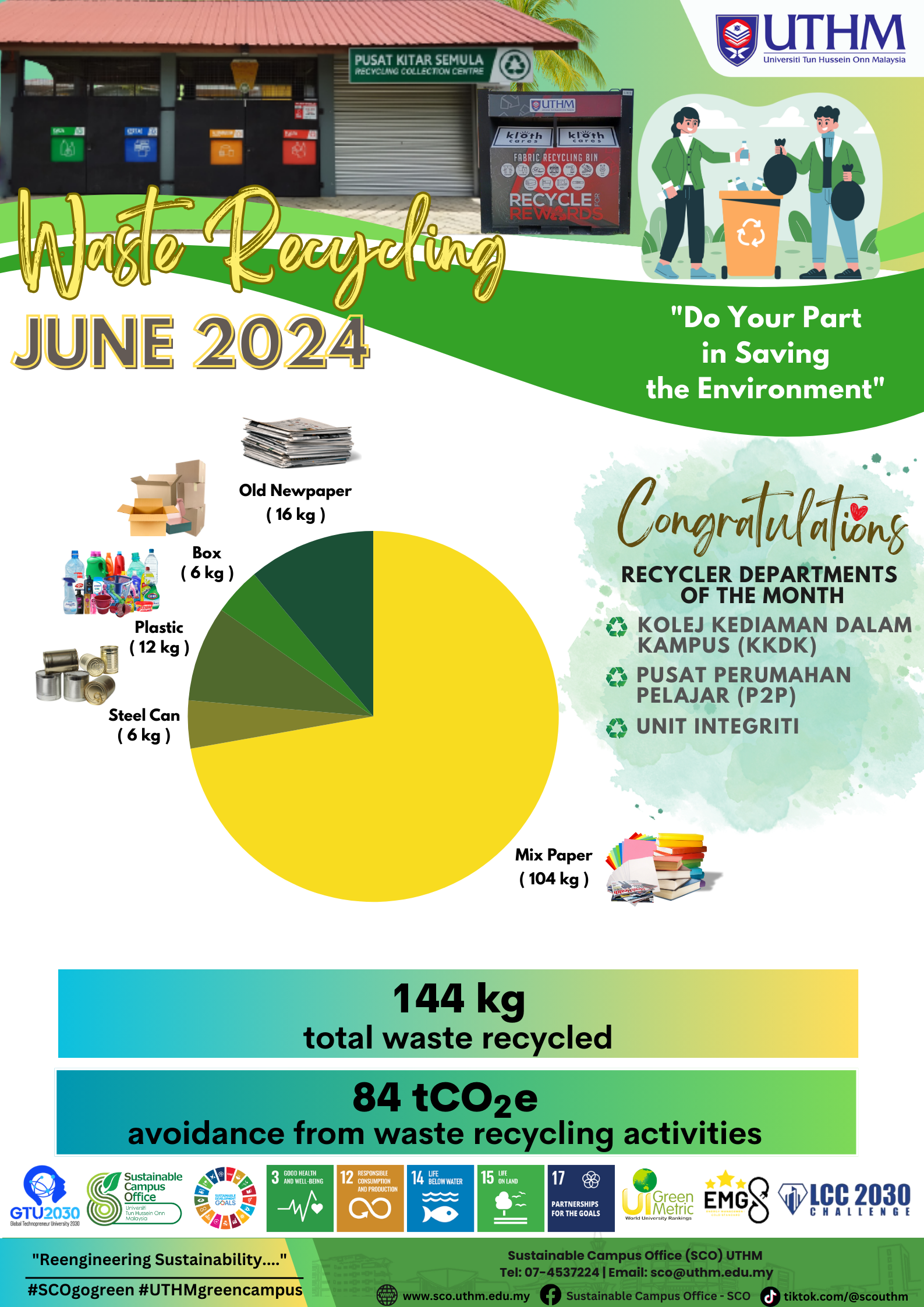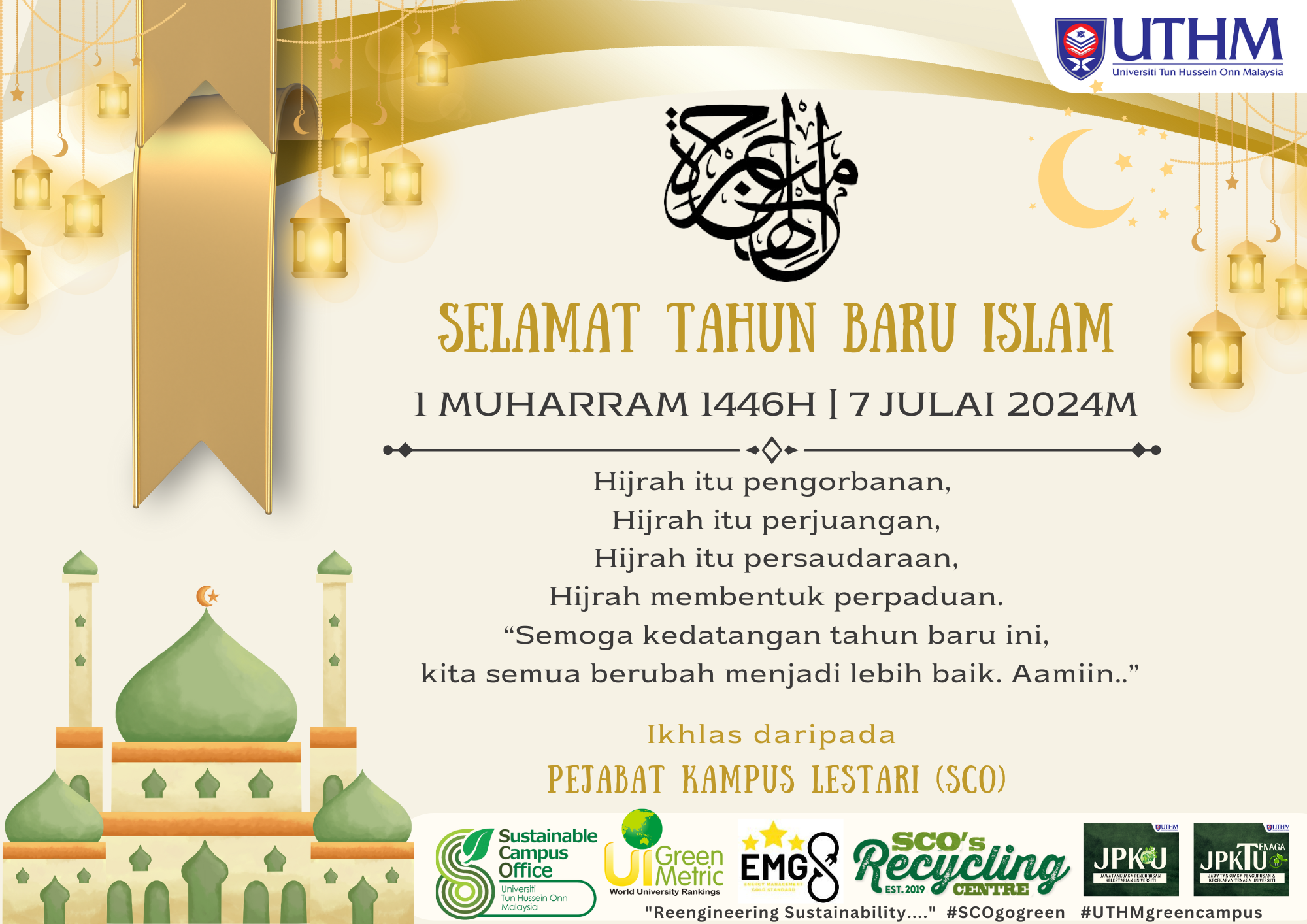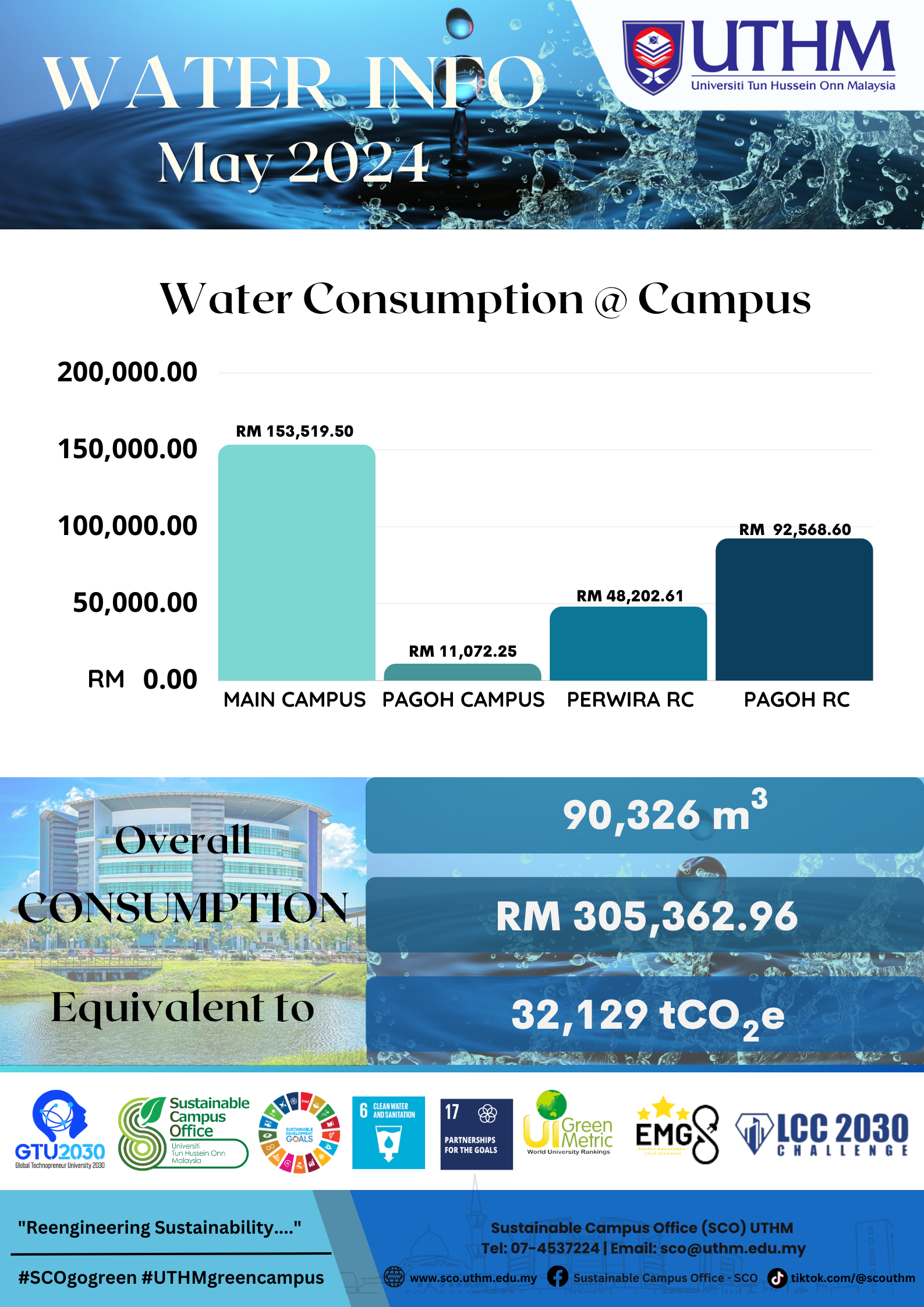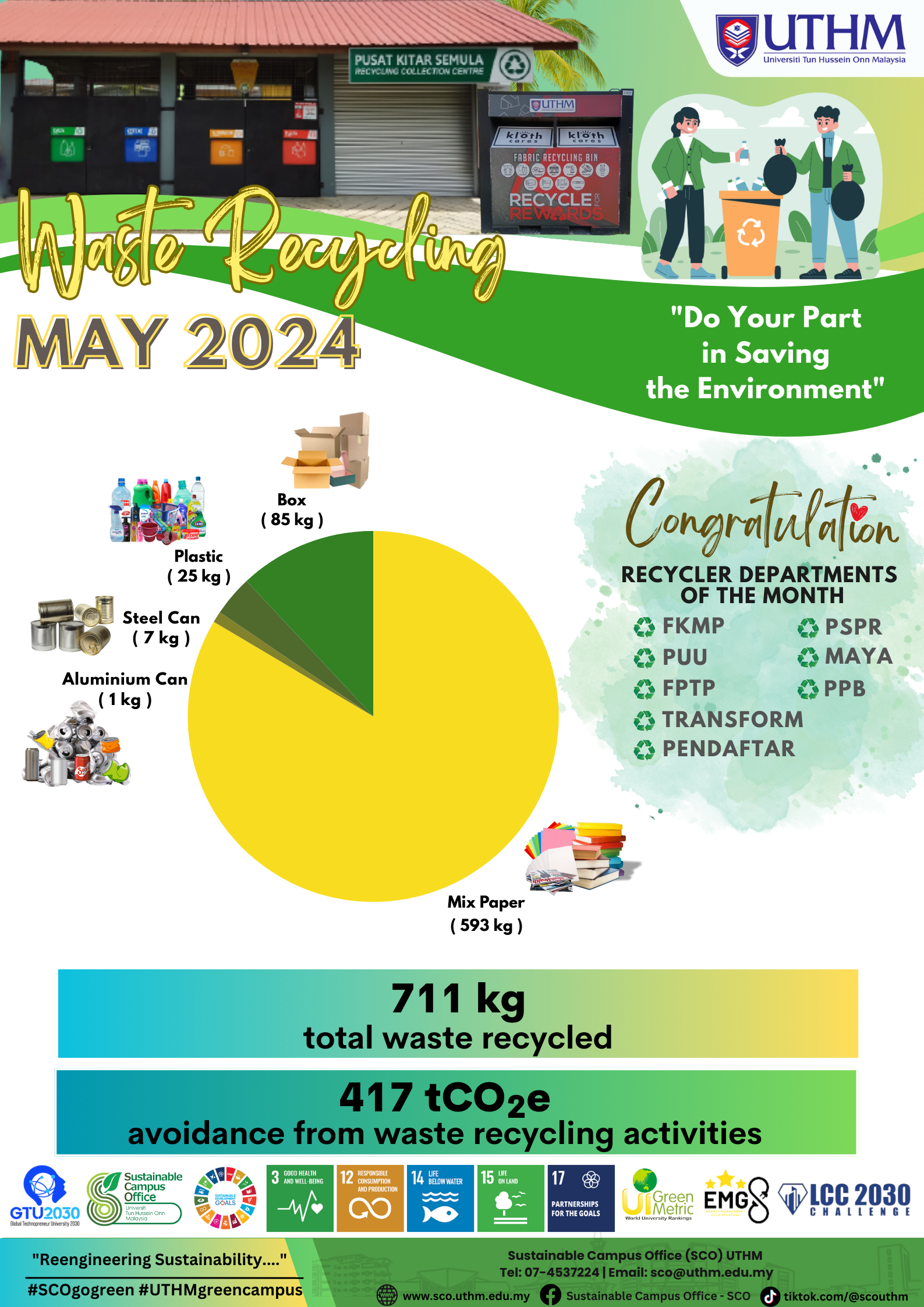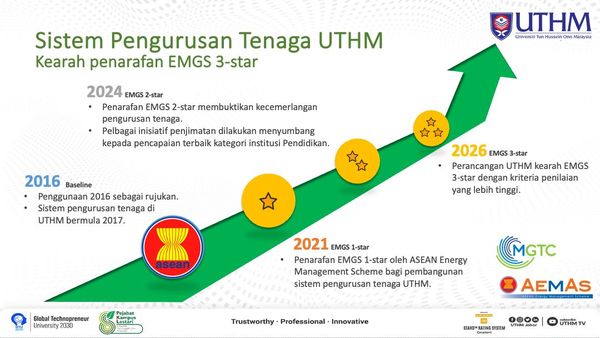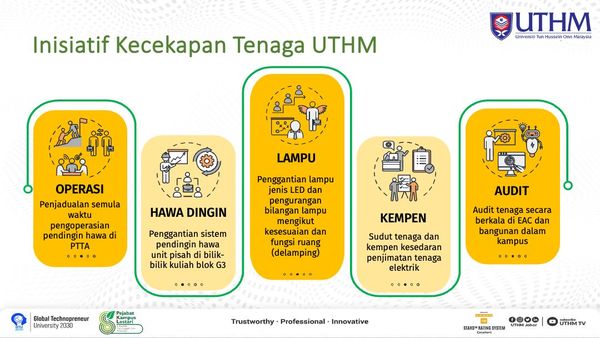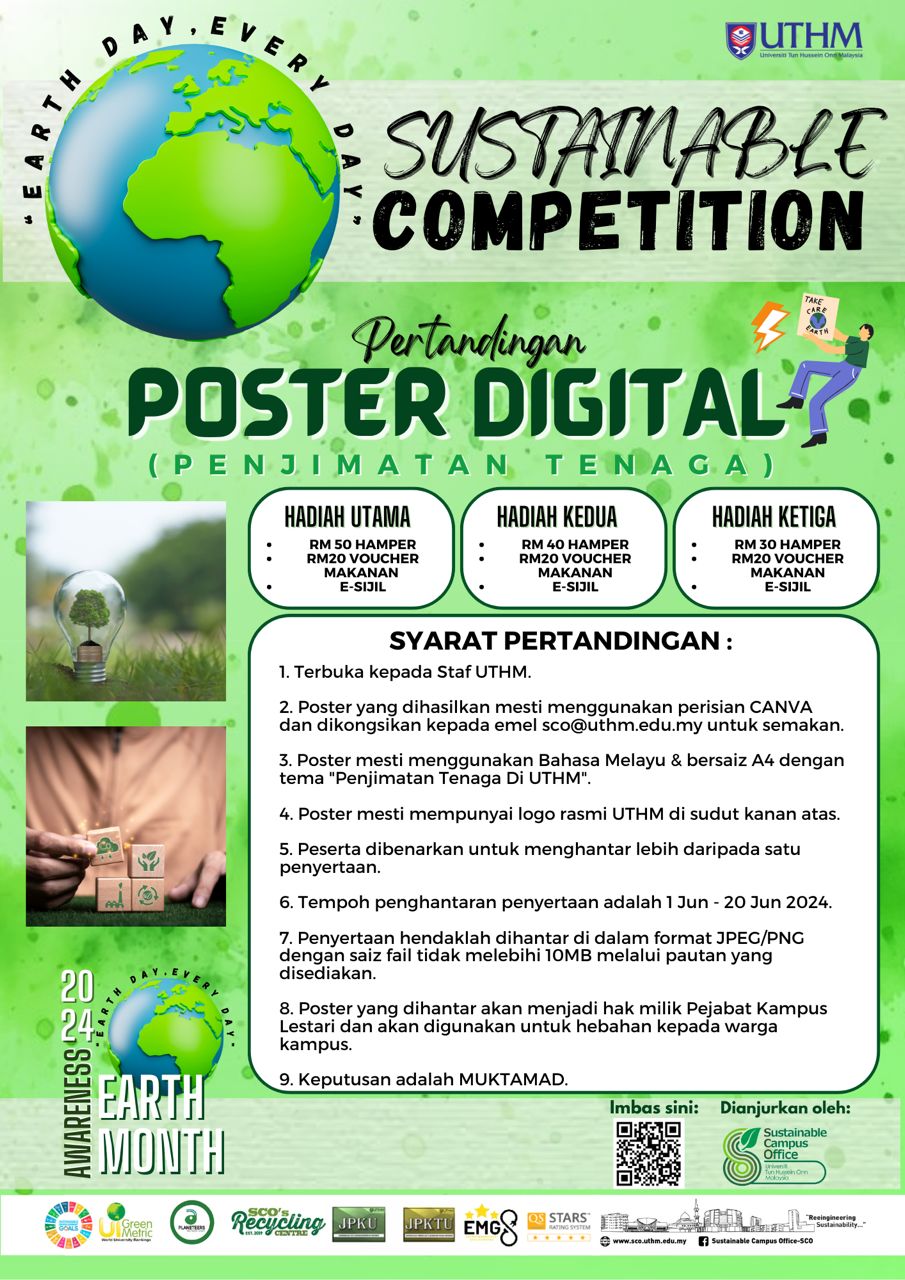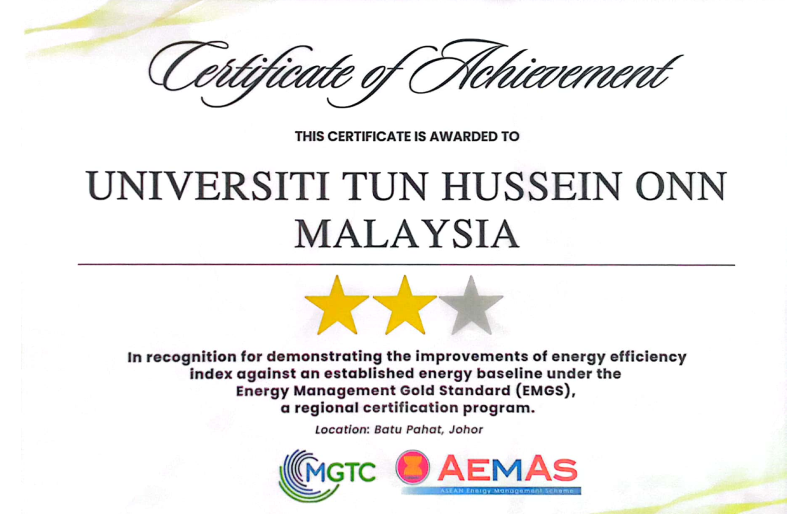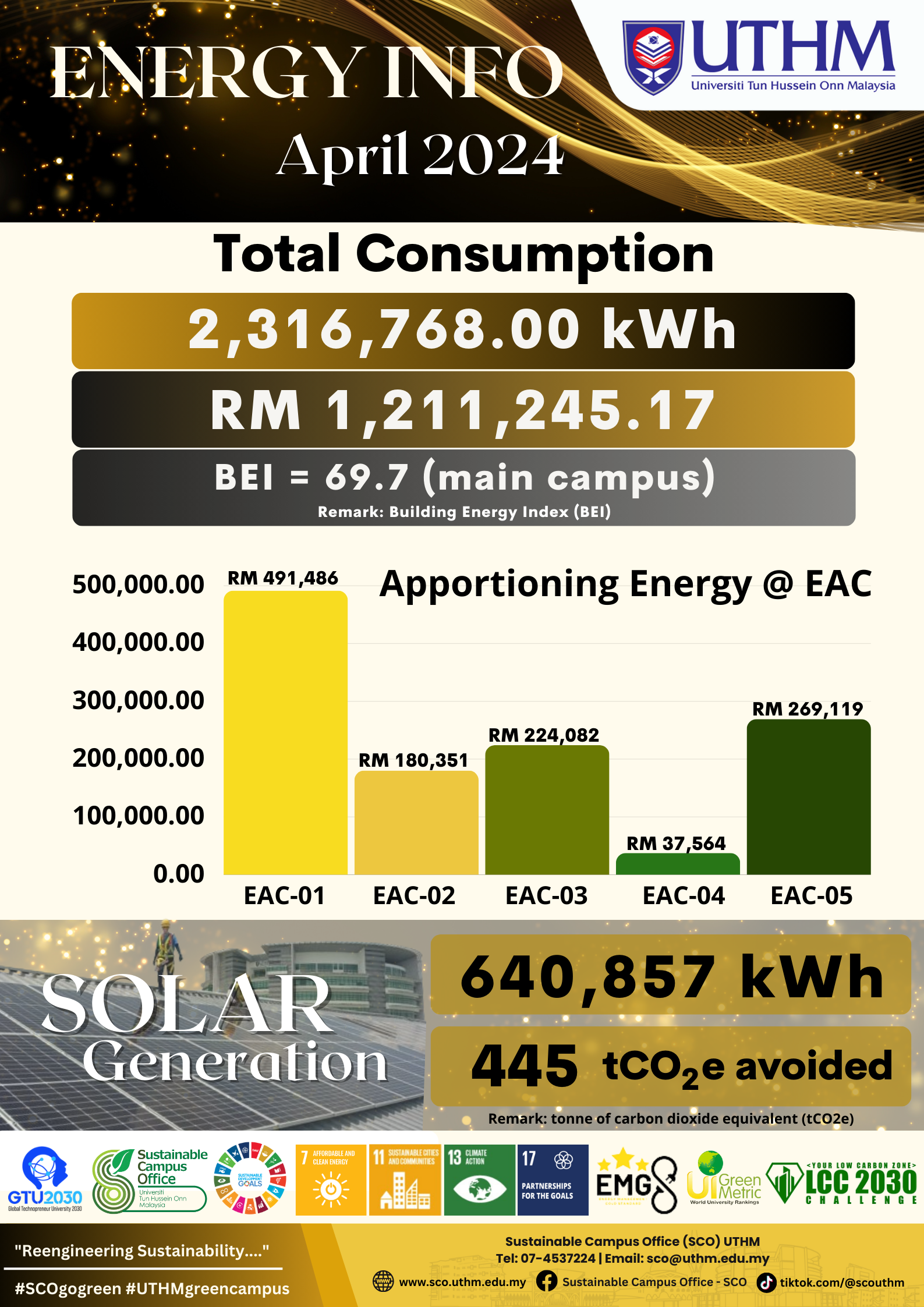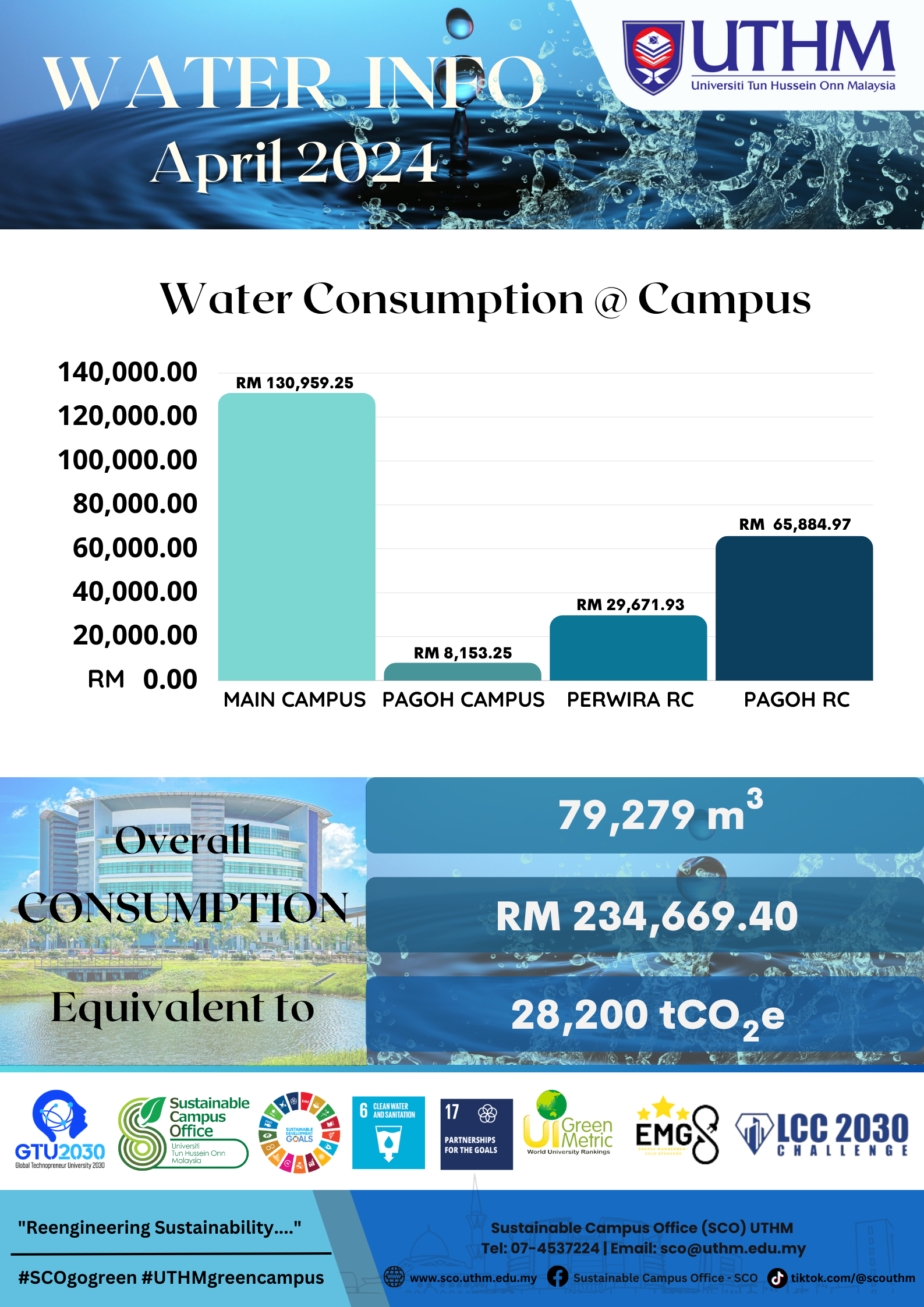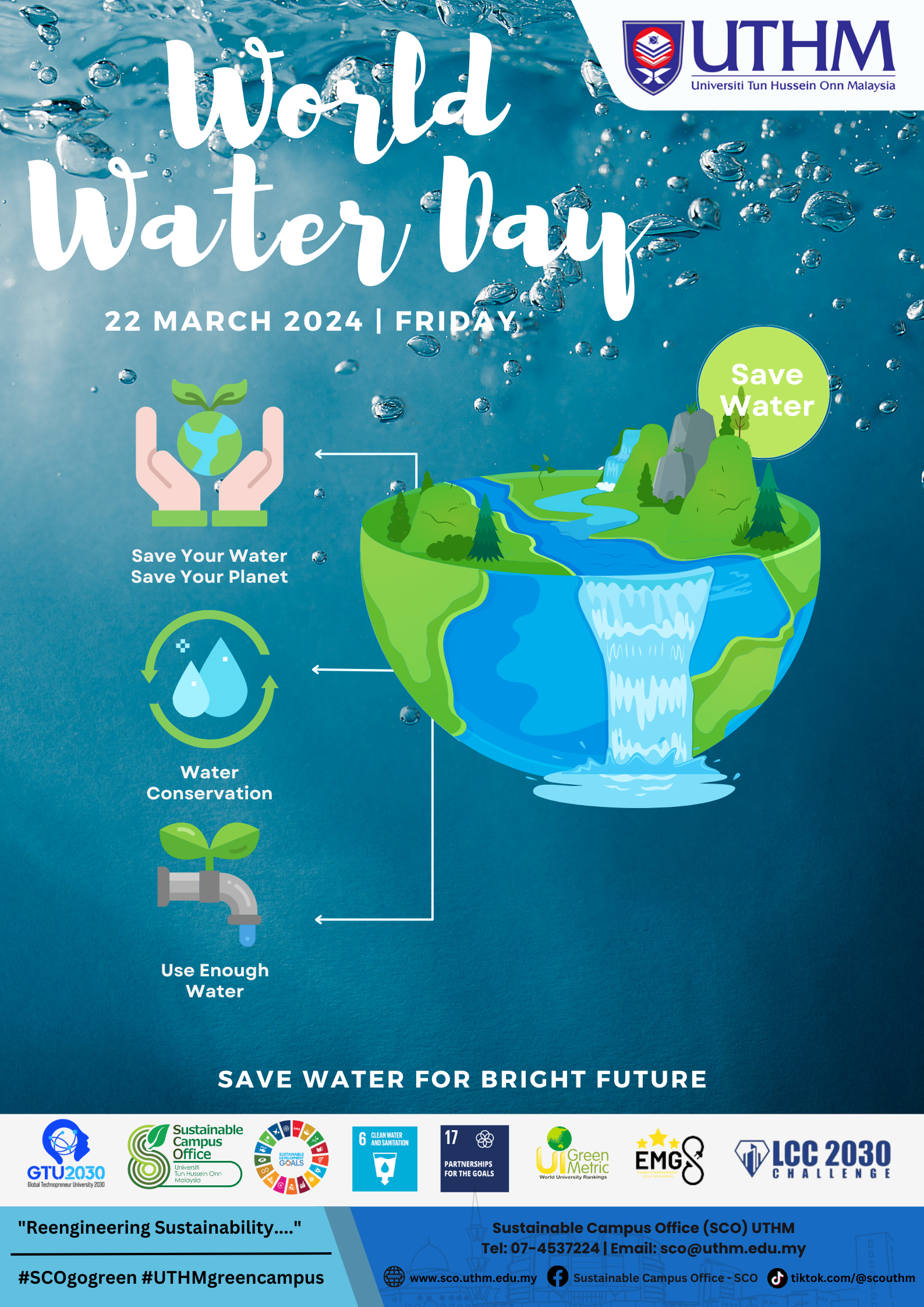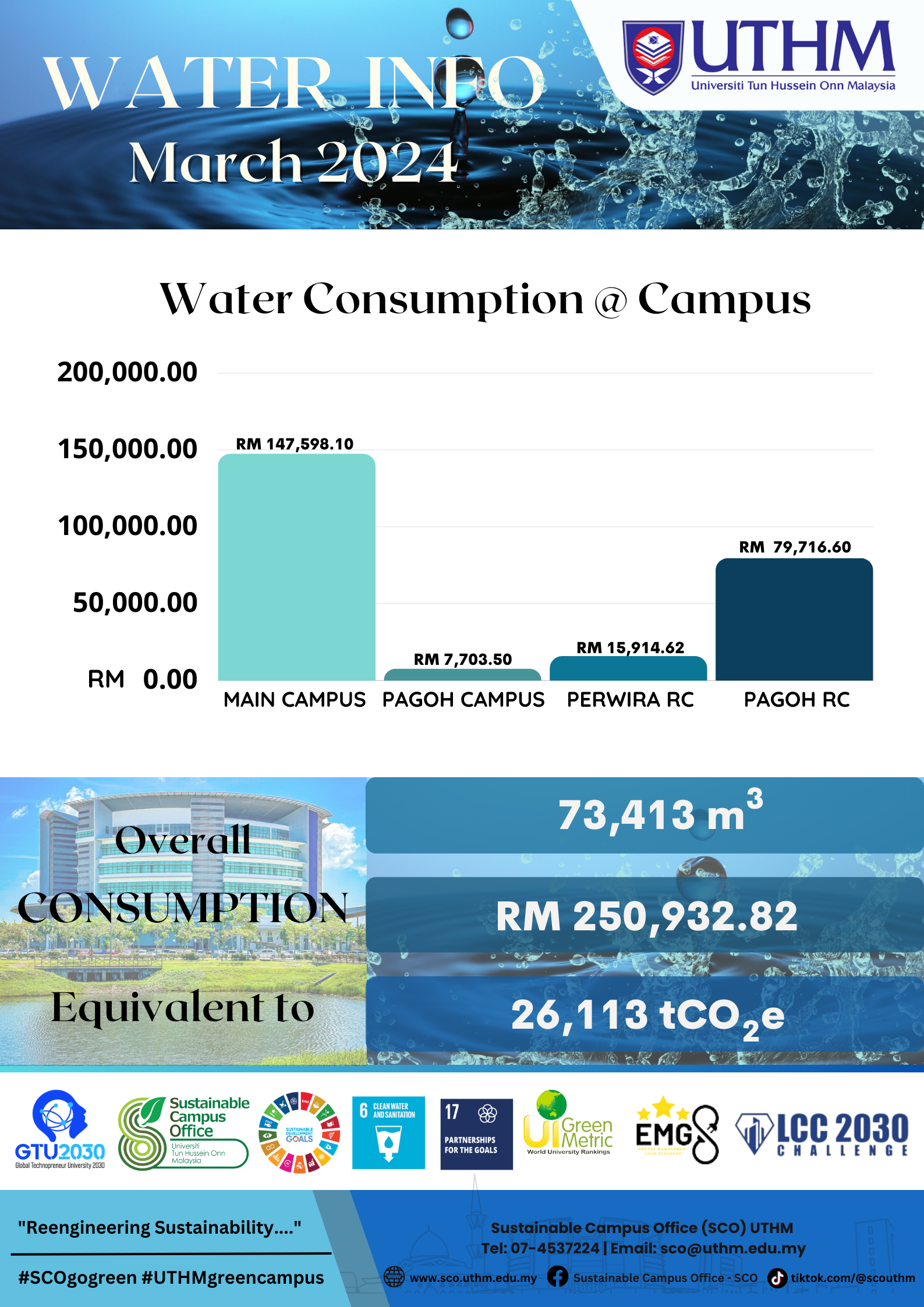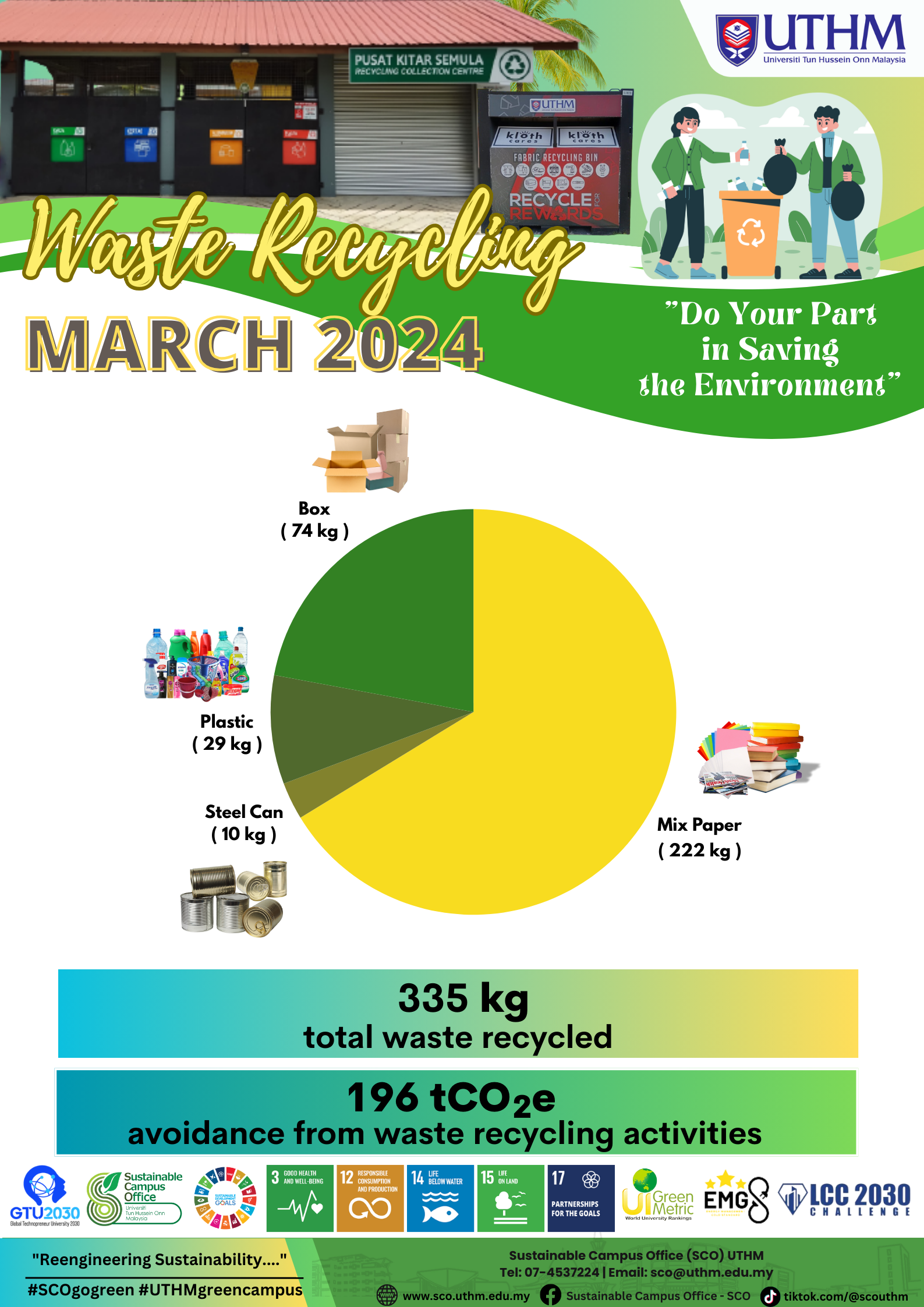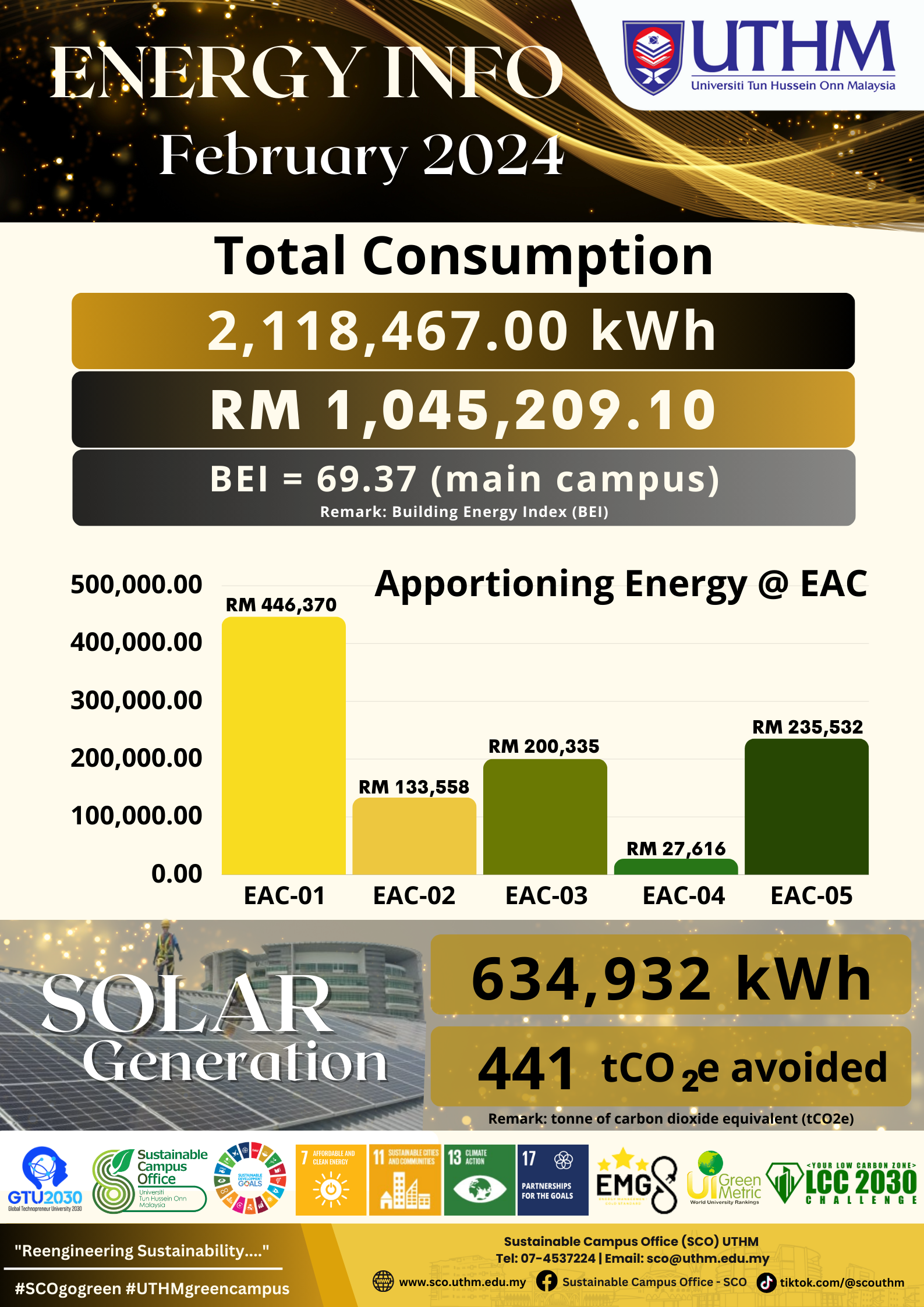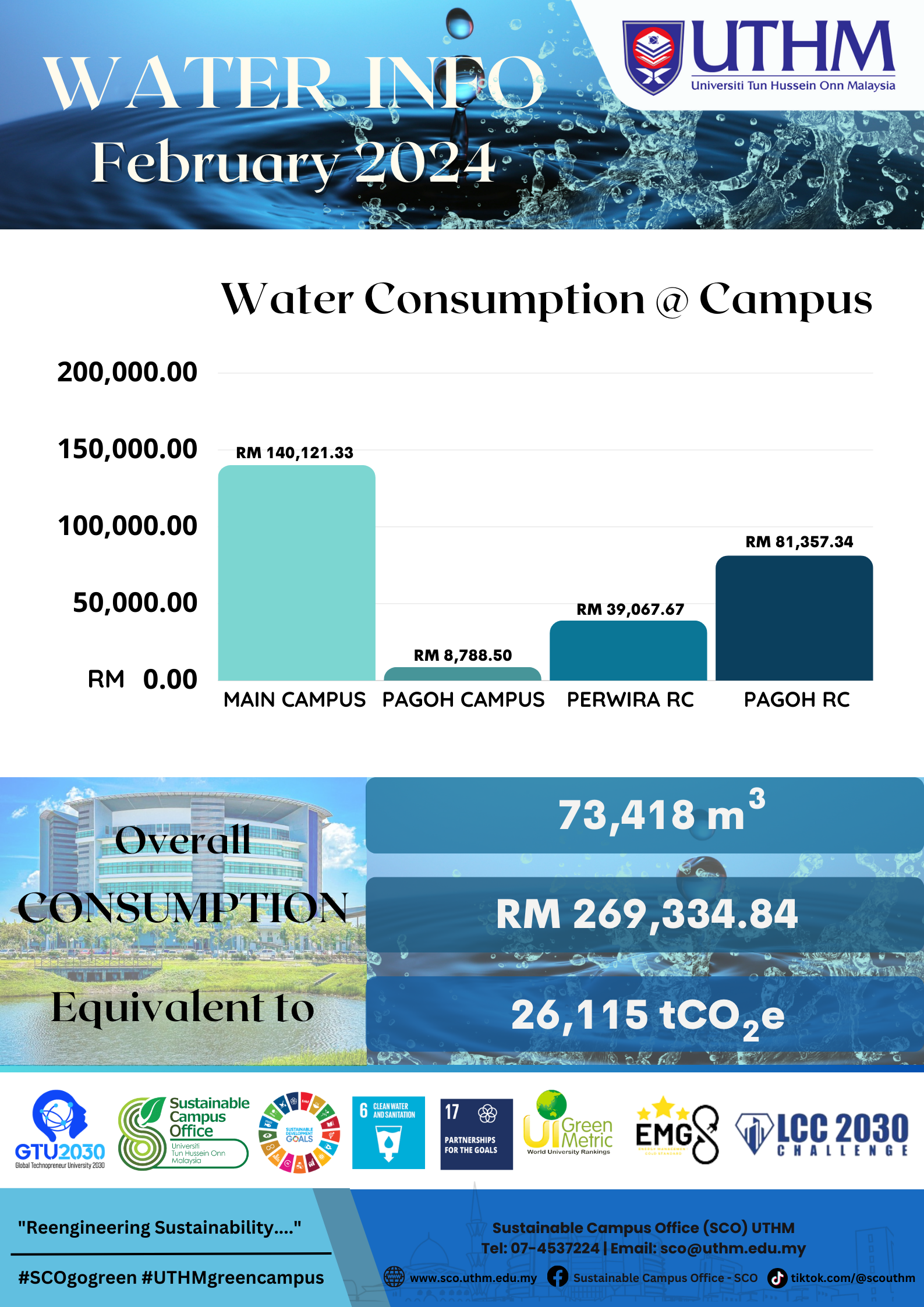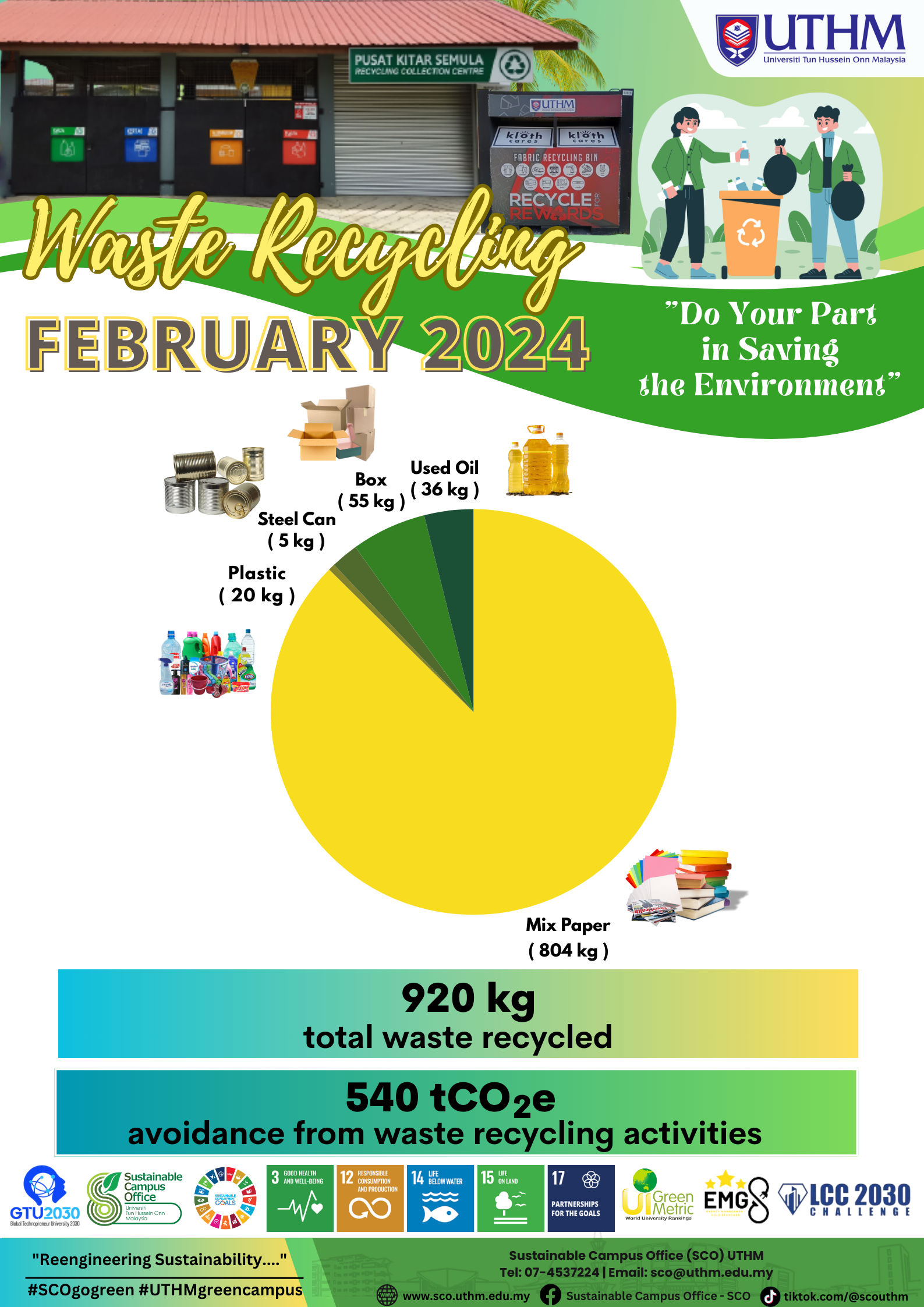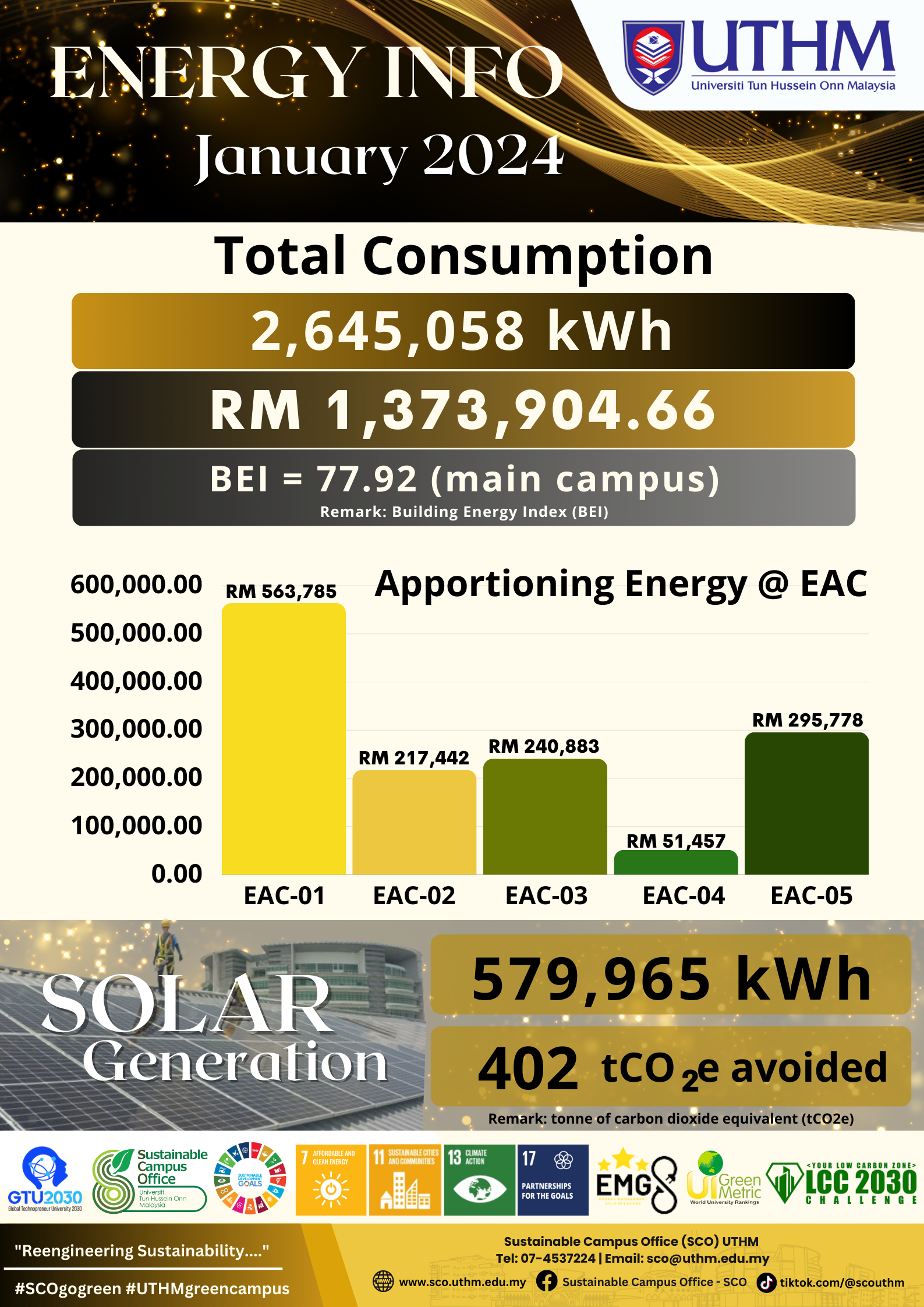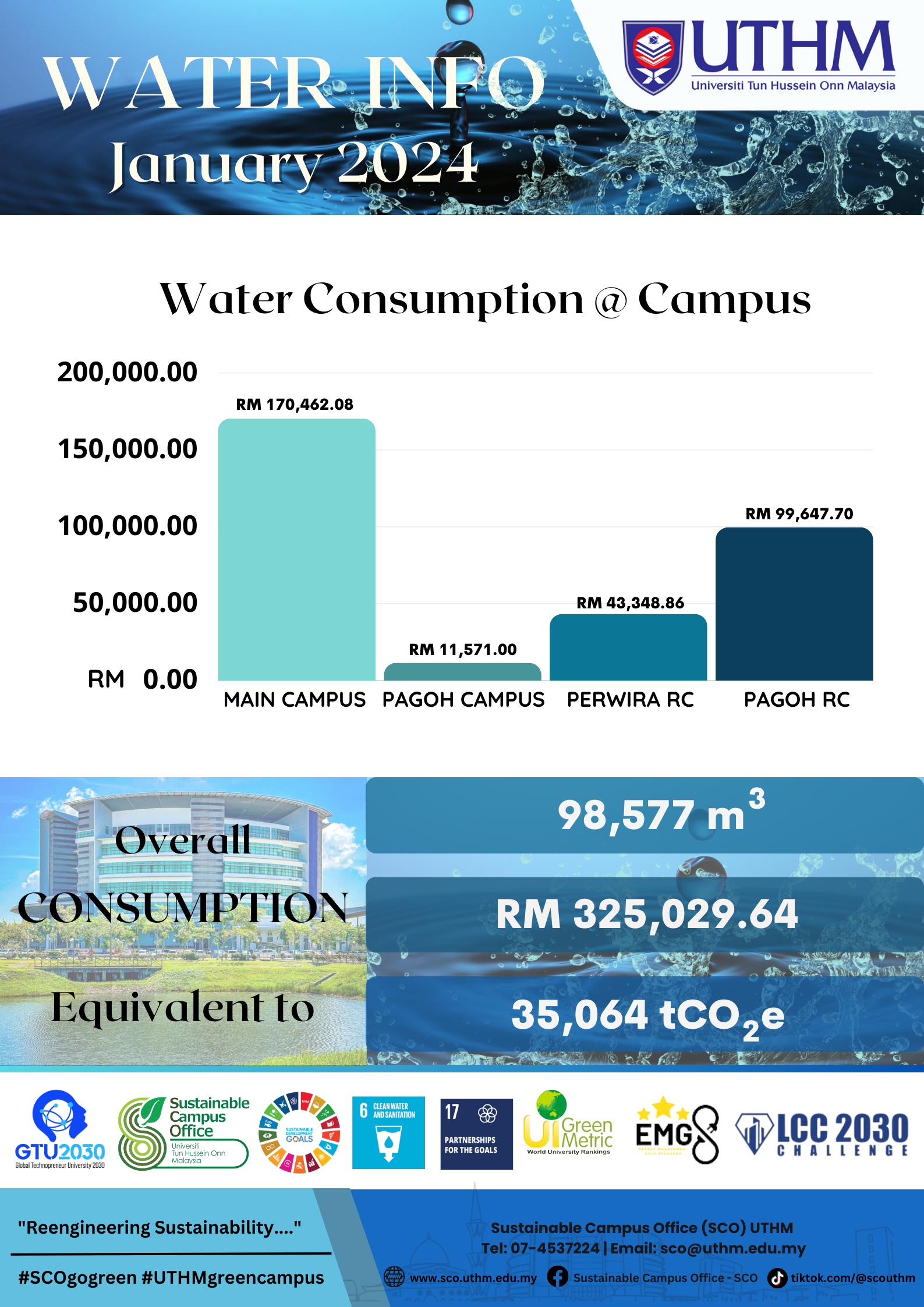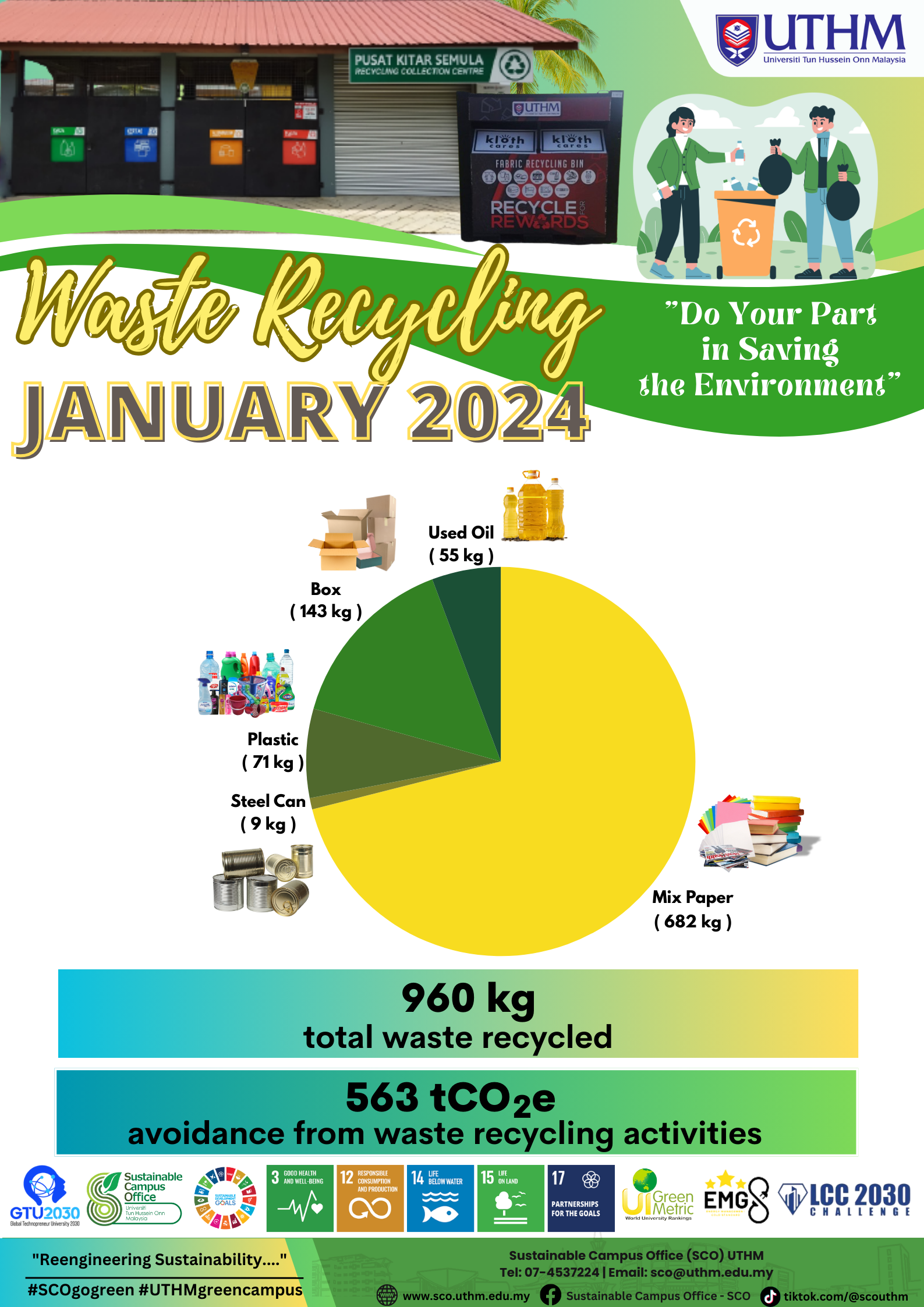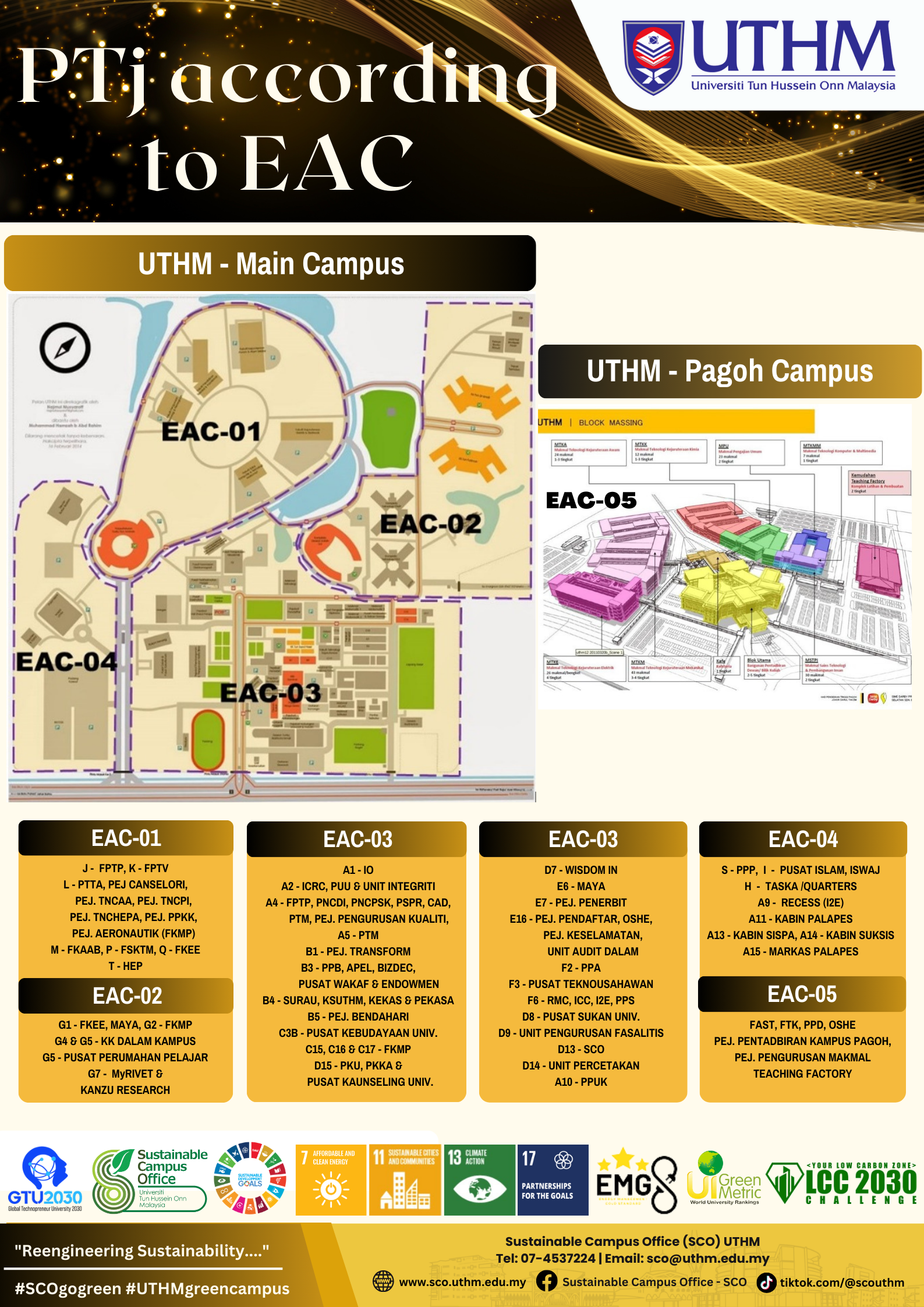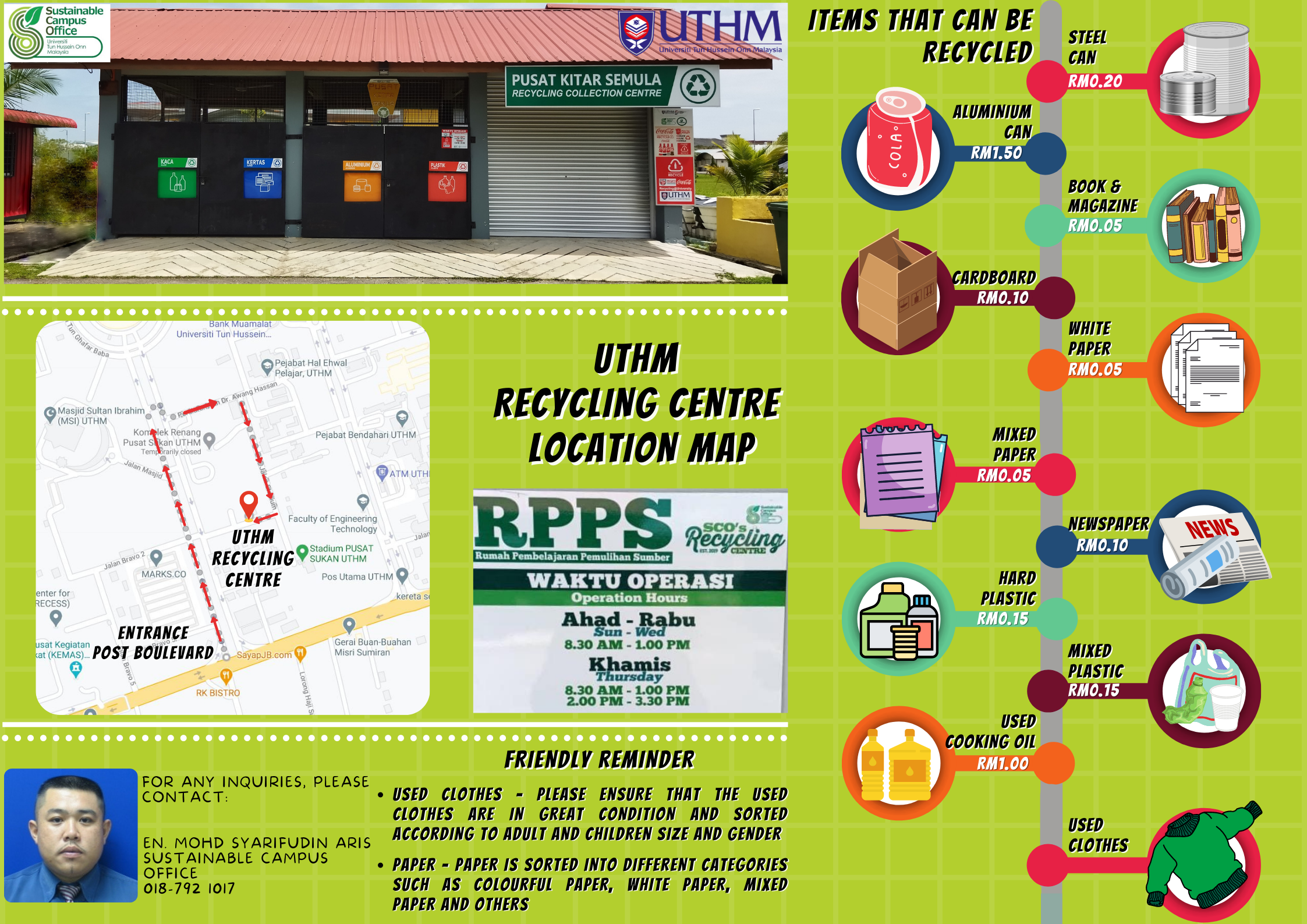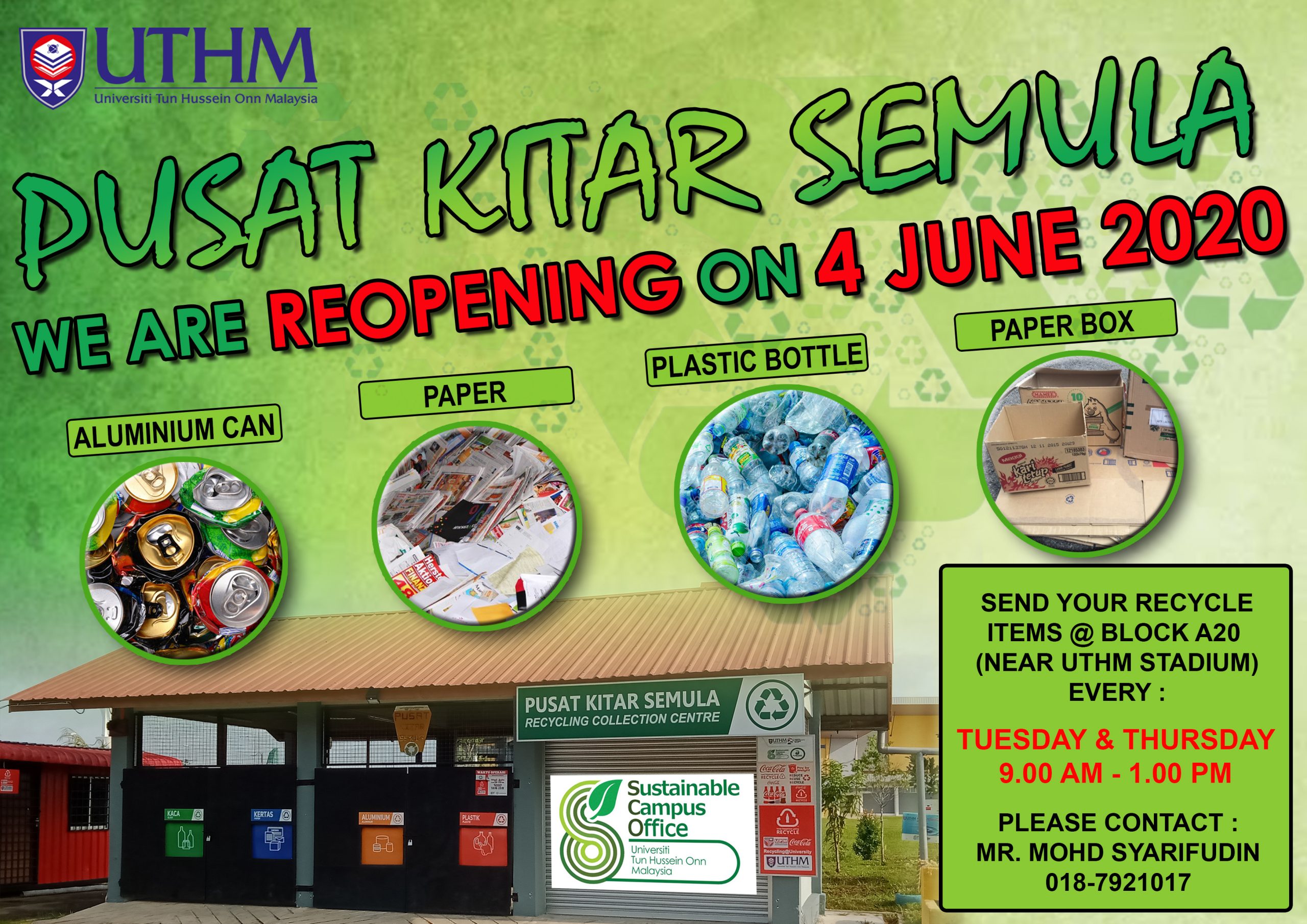Food Waste Management- UTHM introduces ‘Takakura Home Method’
[smartslider3 slider=215]
Date:
20th January 2020
Place/Venue:
UTHM, Batu Pahat, Johor
Participants:
Profesor Madya Ts. Dr. Aeslina Abdul Kadir from Faculty of Civil Engineering and Environment and students from 36 schools around Simpang Renggam.
Description:
Food waste is the biggest contributor from the overall composition of the solid waste generated daily in Malaysia which is 45%. Food waste can actually be recycled and can make organic fertilizers. Besides, it can extend the lifespan of a landfill site in Malaysia. According to the Solid Waste Management and Public Cleaning Corporation (SWM), Statistic for 2017 show that the total amount of food produced by the people of Malaysia is almost 15,000 tonnes per day and this number is expected to increase to 30,000 tonnes by 2020 due to the growing population in this country. On average, this experiment that was done in 36 schools around Simpang Renggam area shows every school has produced a minimum of 2 kilograms of food (kg) and can weigh up to 7 kg a day.
